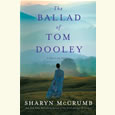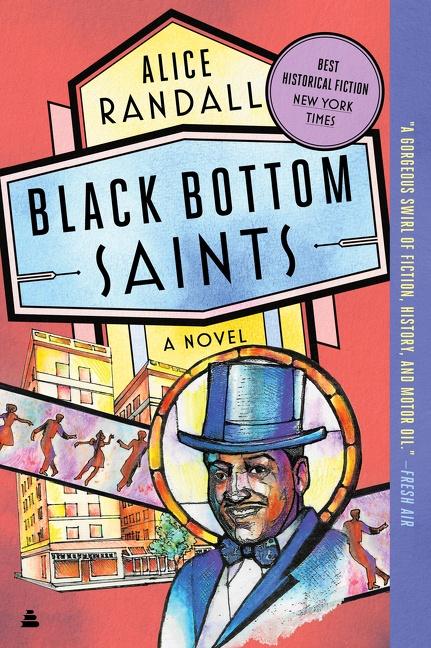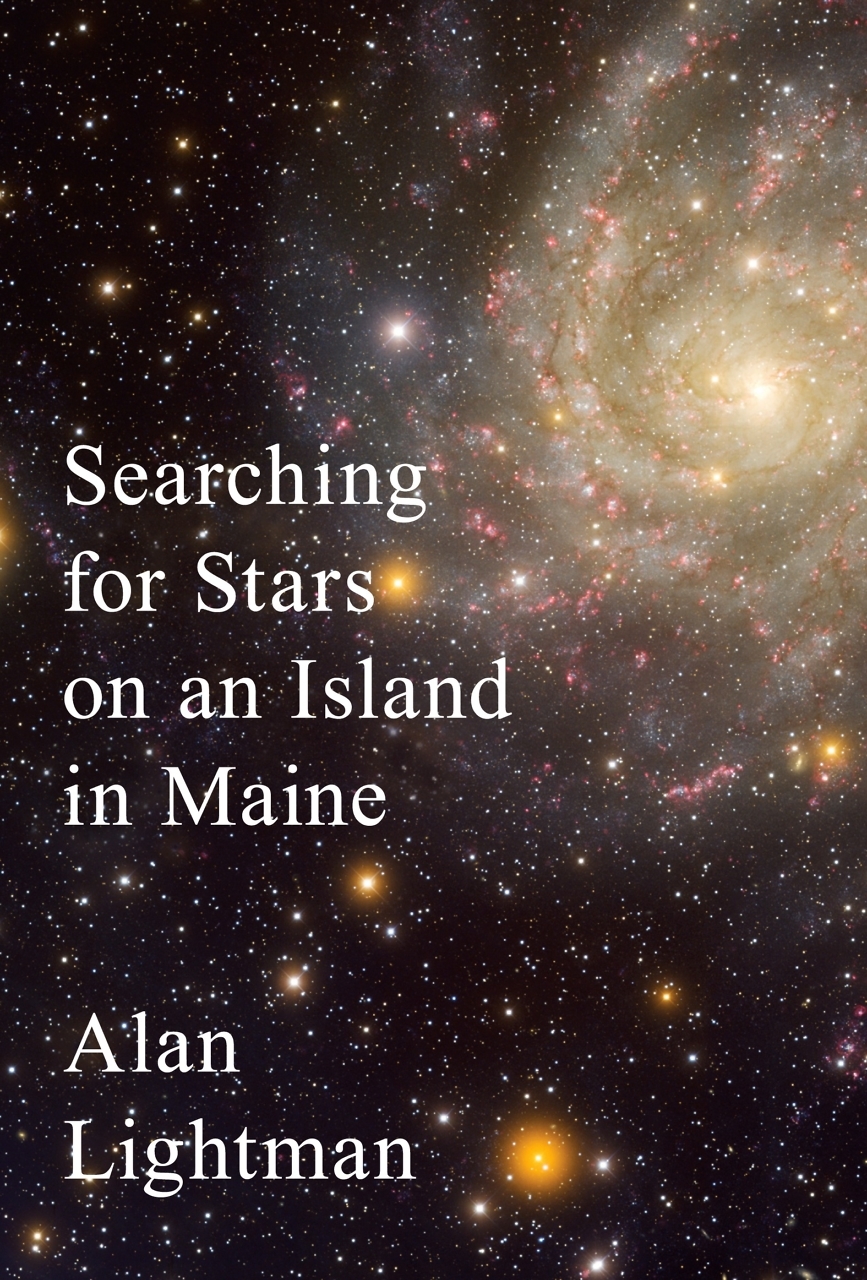Reading, Thinking, Grieving, Drinking
In The Futilitarians, Anne Gisleson limns grief, loss, crisis, and regeneration
In 2011, Anne Gisleson and her husband Brad invited a group of likeminded friends to form the Existential Crisis Reading Group: a book club dedicated to plumbing the depths of meaning through ultra-serious literary texts while imbibing copious amounts of alcohol. Gisleson emerged from the experience with a book of her own. The Futilitarians is imbued with searing ruminations on loss and grief, an endearing portrait of post-Katrina New Orleans, and lucid explorations of often intimidating texts. Refreshingly honest, genuinely moving, and surprisingly witty, it is ultimately a redemptive account of finding a path out of despair through reading.
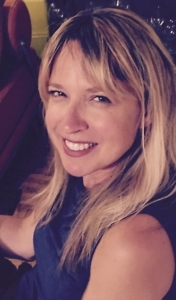 At the outset, Gisleson presents herself as a person caught up in the “Metaphysical Hangover,” as she calls it:
At the outset, Gisleson presents herself as a person caught up in the “Metaphysical Hangover,” as she calls it:
The kids were fine, our jobs were good, the city was recovering in its imperfect way. There was ample love and sometimes even happiness. Finally, some space in the aftermath for contemplation, for reckoning. It was in this space that I felt a persistent, daily, unsettling dread. I would become hollow at the checkout counter, watching items being scanned, or dazed in traffic with the kids in the backseat, convinced, vaguely that everything was wrong, this route, my parenting, humanity.
When her friend Chris proposes a reading group for exploring big ideas, Gisleson recognizes the opportunity to address her nameless despair. She discovers, to her surprise, that quite a few of her friends feel the same need. For the most part, the book group isn’t depressing at all. The cast of characters is an eclectic mix of Gen-Xers and millennials who provide an appealing window into the culture of urbane creatives in post-Katrina New Orleans. Gisleson’s commentary on texts from Epicurus to Joyce, Kafka, Cheever, Lispector—and, of course, that future classic, Hot-Tub Time Machine—are lucid and appealing.
The first meeting, led by Chris, revolves around a discussion of the book of Ecclesiastes and a letter from Epicurus on “how to live well.” The group considers the problems of materialism, vanity, and the conflict between pleasure and accountability. In the end, Gisleson’s husband Brad observes that “both of the evening’s readings embraced another basic value: enjoyment of life through simple fellowship, one of the highest uses of our brief time in the world.” If classical philosophy and the Old Testament seem incompatible with the enjoyment of life, try it with the gallons of booze the ECRG consumes to lubricate their conversations.
Indeed, it might be hard to find any book set in New Orleans, pre- or post-Katrina, which sidesteps the city’s reputation for dissolute excess and gothic tragedy. “The trap of growing up in New Orleans,” Gisleson writes, is that “you’re often preoccupied with what’s been lost while clinging to a grand, cobbled present—part wreck, part fantasy, part regular civic striving, but always under construction.” Gisleson infuses her take on the Crescent City’s culture with an introspection which extends from the personal to the universal: “During the controversial first post-Katrina Mardi Gras, held when the city was still mostly broken and depopulated, our family’s unofficial slogan was from theater critic John Lahr: ‘Frivolity is the refusal of the human species to suffer.’”
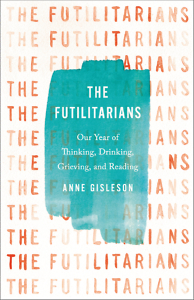 Time and again, Gisleson’s reflections on the Existential Crisis Reading Group and the life of the city around them draw her back to the three poles of grief that have dominated her life in the years since Katrina: the suicides, just over a year apart, of her twin sisters, and the death of her father, a quintessential New Orleans character. Gisleson’s quest to understand her sisters’ tragic declines and the complex character of her father fill the narrative arc of The Futilitarians with heartbreaking pathos. Citing Simone de Beauvoir’s response to Voltaire—“there are men who try to plow the entire earth, and there are others who would find any flower pot too great”—Gisleson writes, “That’s how I often thought of the twins, stymied or overwhelmed in some way. Forgetting to water their beautiful potted flowers, not giving them the right amount of sun.”
Time and again, Gisleson’s reflections on the Existential Crisis Reading Group and the life of the city around them draw her back to the three poles of grief that have dominated her life in the years since Katrina: the suicides, just over a year apart, of her twin sisters, and the death of her father, a quintessential New Orleans character. Gisleson’s quest to understand her sisters’ tragic declines and the complex character of her father fill the narrative arc of The Futilitarians with heartbreaking pathos. Citing Simone de Beauvoir’s response to Voltaire—“there are men who try to plow the entire earth, and there are others who would find any flower pot too great”—Gisleson writes, “That’s how I often thought of the twins, stymied or overwhelmed in some way. Forgetting to water their beautiful potted flowers, not giving them the right amount of sun.”
Despite the depths of grief through which Anne Gisleson carries us, her purpose is not to haunt but to redeem. And the most redemptive acts in The Futilitarians are perhaps best summarized by the title of a work by Martin Heidegger: Poetry, Language, Thought. Gisleson drives the narrative with the potent fuel of personal tragedy, but its secondary benefit is a master class in how to read deeply, extracting wisdom and consolation from great works of literature and philosophy. And Gisleson pays that gift forward with her own graceful prose and luminous insights. The Existential Crisis Reading Group might sound like the most depressing book club ever conceived, but the book it led Gisleson to write brims with wit, whimsy, intelligence, generosity, and above all, hope and love.

Ed Tarkington’s debut novel, Only Love Can Break Your Heart, was published by Algonquin Books in January 2016. He lives in Nashville.
